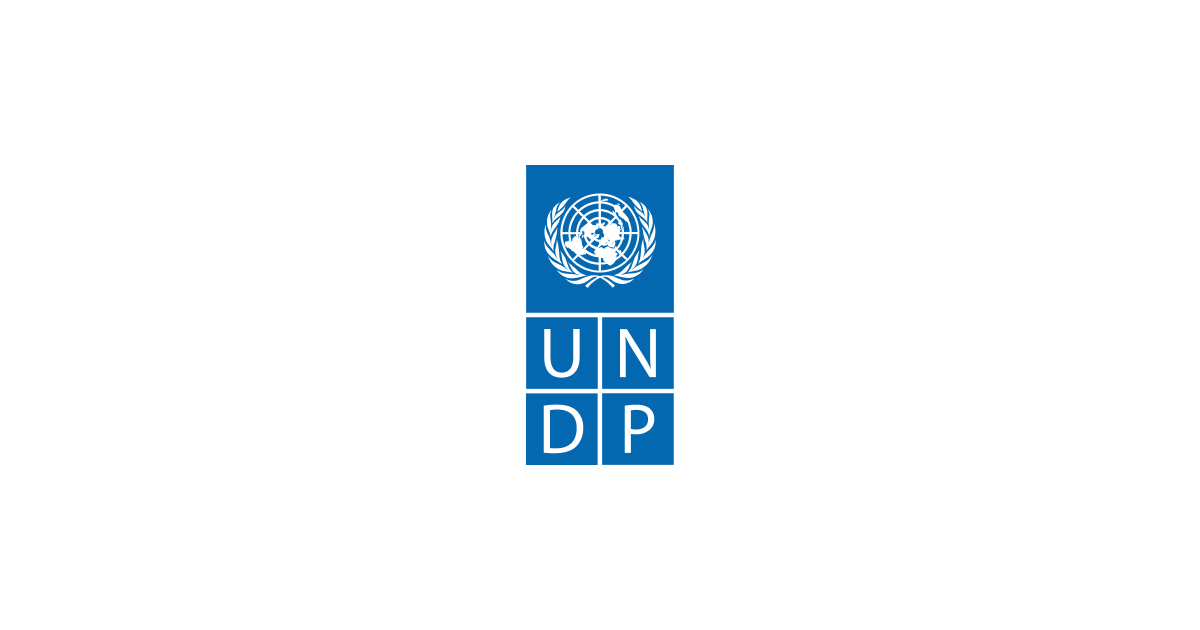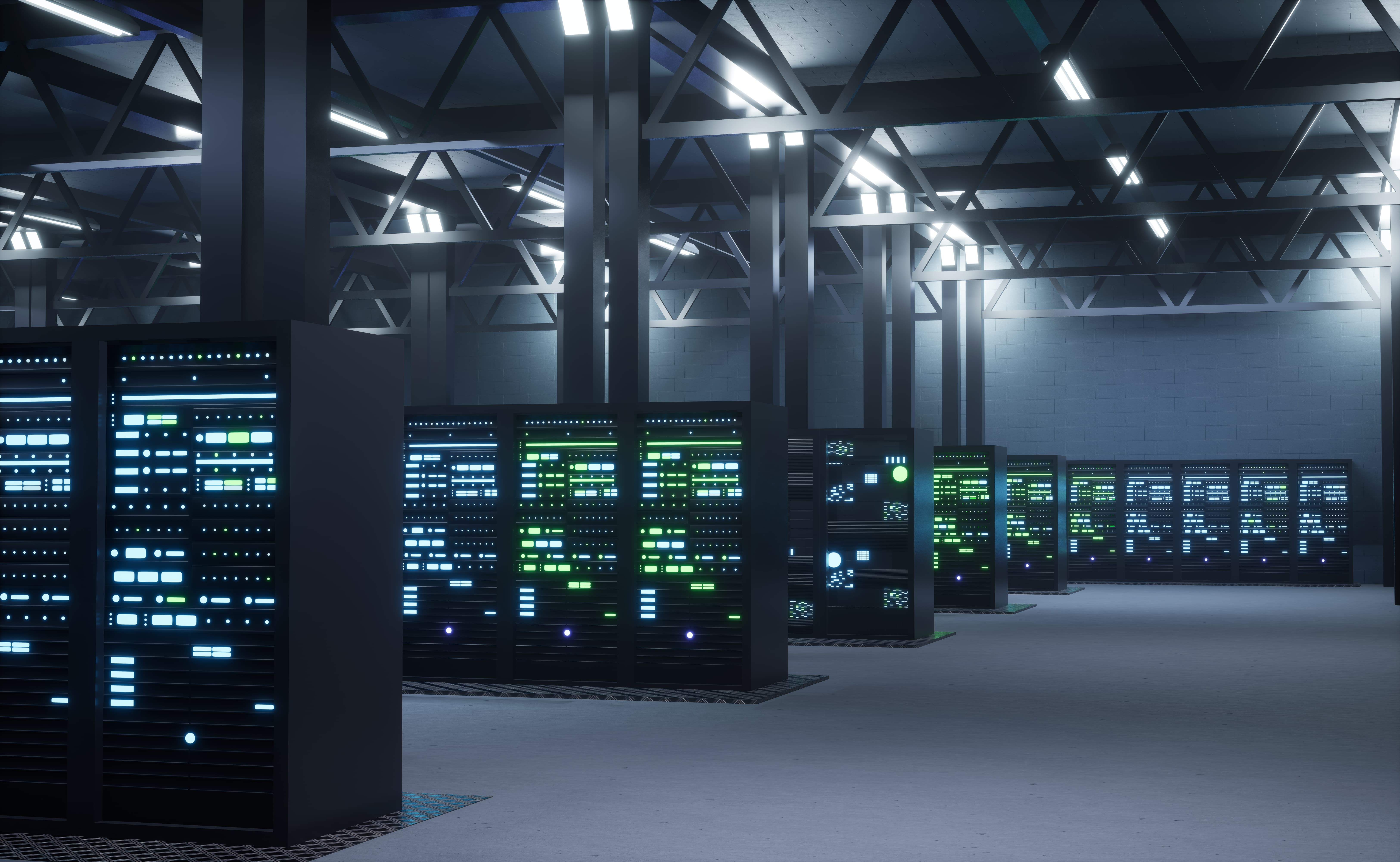Google has unveiled plans to invest £5 billion (around $6.8 billion) in the UK’s AI economy over the next two years.
An announcement comes just hours before US President Donald Trump’s official visit to the country, during which economic agreements worth more than $10 billion are expected.
The investment will include establishing a new AI data centre in Waltham Cross, Hertfordshire, designed to meet growing demand for services like Google Cloud.
Alongside the facility, funds will be channelled into research and development, capital expenditure, engineering, and DeepMind’s work applying AI to science and healthcare. The project is expected to generate 8,250 annual jobs for British companies.
Google also revealed a partnership with Shell to support grid stability and contribute to the UK’s energy transition. The move highlights the economic and environmental stakes tied to AI expansion, as the UK positions itself as a hub for advanced digital technologies.
Would you like to learn more about AI, tech and digital diplomacy? If so, ask our Diplo chatbot!










